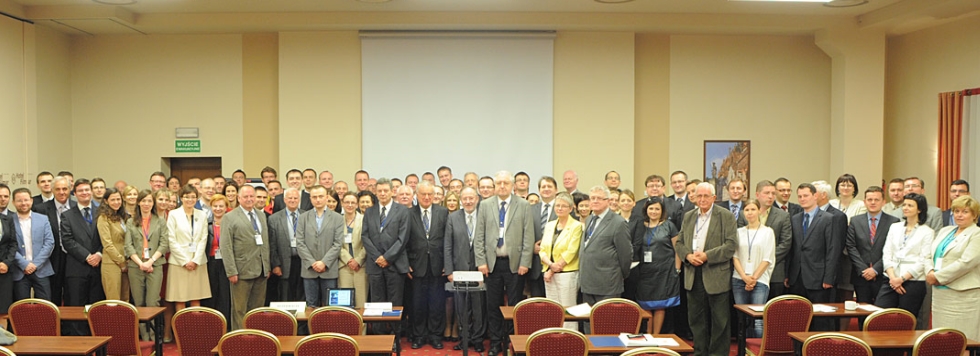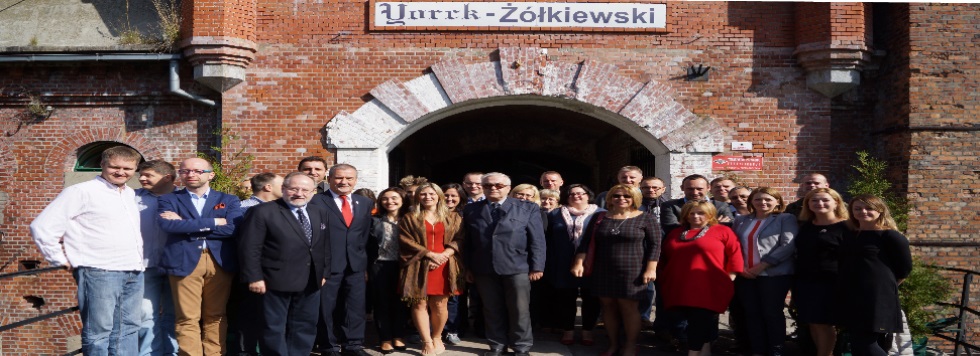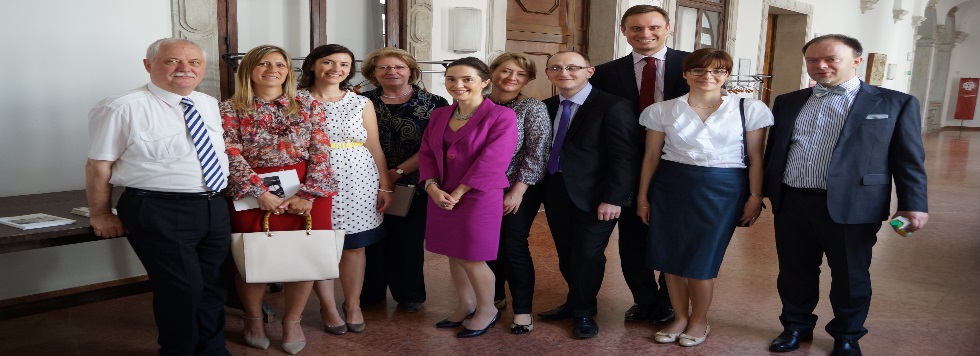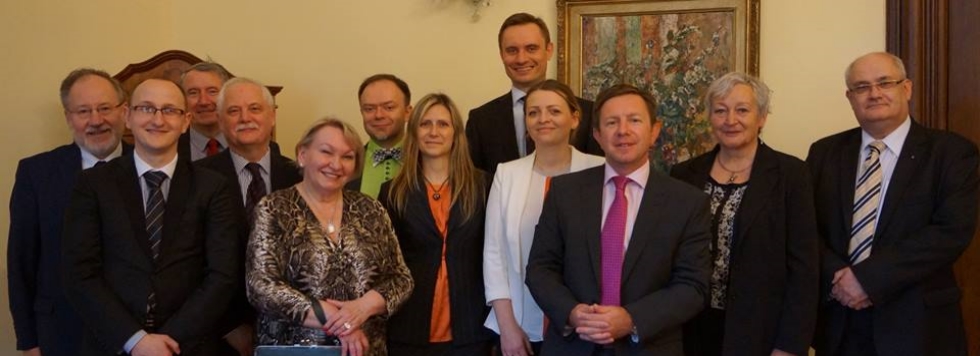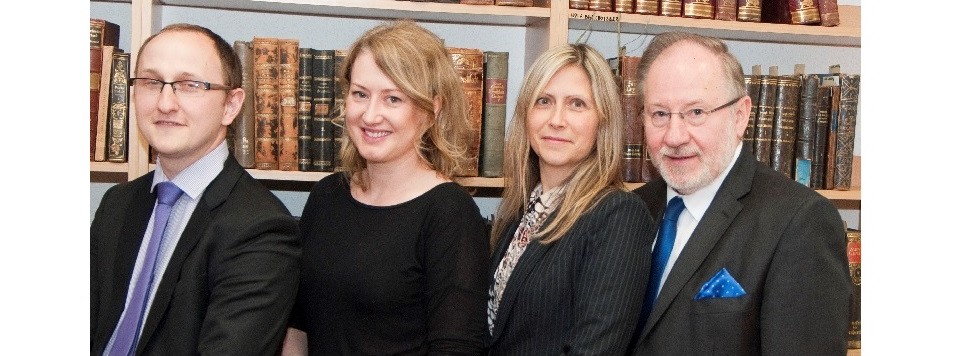The International Visegrad Fund is an international organization based in Bratislava founded by the governments of the Visegrad Group (V4) countries – the Czech Republic, Hungary, the Republic of Poland and the Slovak Republic-in Štiřín on 9 June 2000.
The purpose of the fund is to facilitate and promote the development of closer cooperation among citizens and institutions in the region as well as between theV4 region and other countries, especially in the Western Balkan and Eastern Partnership regions. The fund operates several grant programs, and also awards individual scholarships, fellowships and artist residencies. Grant support is given to original projects namely in the areas of culture, science and research, youth exchanges, cross-border cooperation and tourism promotion, as well as in other priority areas defined in calls for proposals published on the fund’s website.
The governing bodies of the fund are the Council of Ambassadors and the Conference of Ministers of Foreign Affairs. The executive body of the fund is composed of the Executive Director and the Deputy Executive Director. The administrative body of the fund is the secretariat.
The Conference of Ministers of Foreign Affairs, which consists of the Ministers of the Foreign Affairs of the Visegrad Group countries, is the supreme body of the fund. The conference determines the amounts of annual contributions and their due dates for every V4 member state, approves the rules of procedure of the fund’s secretariat, and approves the fund’s budget, i.e., annual statements and clearance of the budget presented by the Council of Ambassadors. The Conference of Ministers of Foreign Affairs designates from among its members its president. This presidency is rotating in the English alphabetical order of the names of the member states. The Conference of Ministers of Foreign Affairs adopts resolutions unanimously and meets at least once a year in order to estimate the implementation of the tasks set forth in the present statute of the fund. Hungary presides over the Conference of Ministers from January 1–December 31, 2015.
The Council of Ambassadors consists of Ambassadors or Chargé d’Affaires a.i. of the V4 member states accredited to the head of the state whose plenipotentiary currently holds the post of the president of the Conference of Ministers of Foreign Affairs. The Council prepares programs for the session of the Conference of Ministers of Foreign Affairs and reports on implementation of the fund’s operations in the preceding year. The council drafts programs and documents for the sessions of the Conference of Ministers of Foreign Affairs, meets at least once every six months to discuss whatever is necessary for the implementation of the objectives. The council formally approves projects selected for financing and implementation.
More about The International Visegrad Fund: http://visegradfund.org/about/
